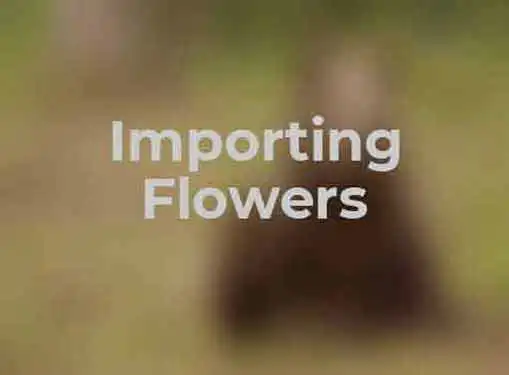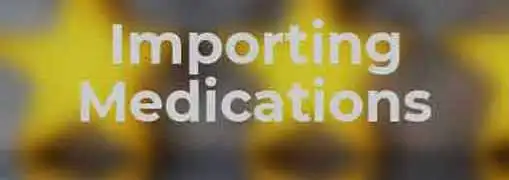Import Business
Importing Flowers
Importing flowers can't be a viable business concept, can it? Believe it or not, cut flowers is a massive global industry. We'll tell you how to get your foot in the door and start importing flowers for profit.
Most entrepreneurs are surprised to learn that the majority of cut flowers in the U.S. are imports.

Although a portion of the U.S. floral market is produced domestically, South America is a major source of cut flowers. Columbia and Ecuador alone produce more than 90% of the roses, carnations, and other flowers that are sold to American consumers.
Not surprisingly, importing floral products to the U.S. isn't as easy as importing many other categories of products. In addition to typical Customs and Border Patrol (CBP) requirements, cut flowers fall under the oversight mechanisms of the U.S. Department of Agriculture (USDA). The USDA is responsible for making sure that all agricultural imports (including flowers) are free of diseases, pests, and other things that could be detrimental to domestic crops and consumers. Subsequently, importers of cut flowers will need to closely adhere to CBP and USDA import guidelines for their products' countries of origin. For specific flower importing regulations, visit the CBP website at www.cbp.gov.
But customs requirements aren't the only hurdles flower importers need to address. Here are some of the other challenges and opportunities you'll need to consider as you weigh the benefits of importing foreign flowers for U.S. consumers.
- Type of imports. Imported flowers can take several forms. Cut flowers are popular with importers because they can be easily distributed to florists across the country. However, there is also a profitable market for plantings and other products that can be cultivated domestically. Rather than making a knee-jerk decision, let your distributors and the marketplace itself dictate the type of floral products you choose to import.
- Flower species. There is a sizeable market for roses and other flowers commonly found in floral arrangements. But that also means that there is a sizeable number of importers bringing those kinds of flowers into the country. To avoid the crowd, consider developing a micro-niche operation that focuses on importing rare flowers or flowers that are becoming more difficult for high volume importers to obtain.
- Retail or wholesale? You'll also need to decide whether to distribute your flower imports through wholesale or retail channels. E-commerce is making it much easier for importers to sell their products online, without committing capital to an expensive, storefront operation. With reliable domestic shipping, you can create a lucrative, vertically integrated business in a short period of time.
- Industry connections. Before you drop a dime on a flower import startup, you should attend a few national and international industry trade fairs. Attendance at these events will give you valuable insight into industry workings and prepare you to create a solid business model.
Share this article
Additional Resources for Entrepreneurs



Conversation Board
We greatly appreciate any advice you can provide on this topic. Please contribute your insights on this topic so others can benefit.